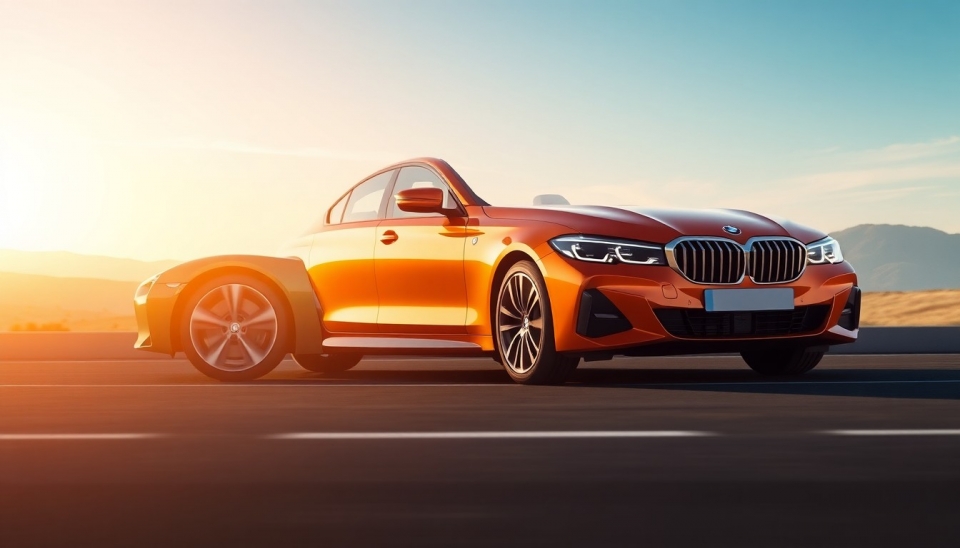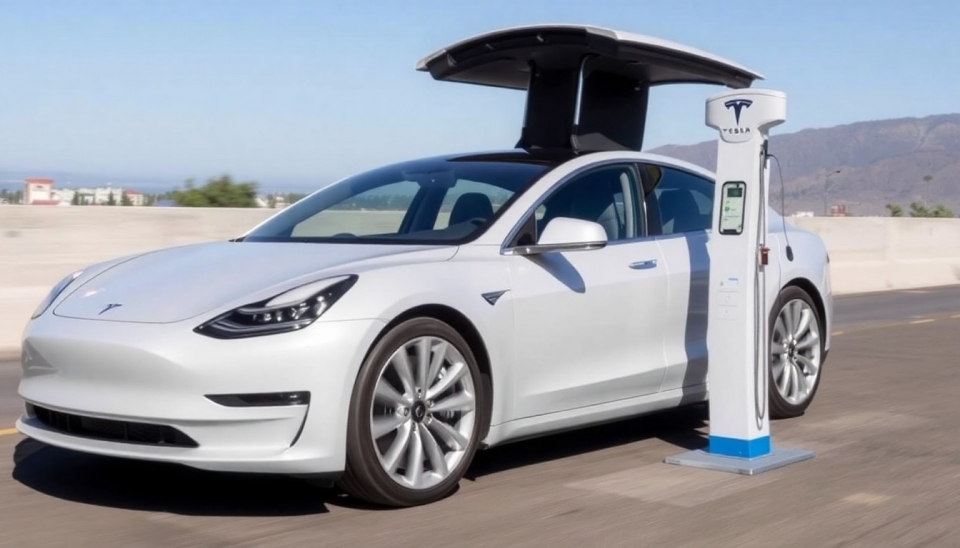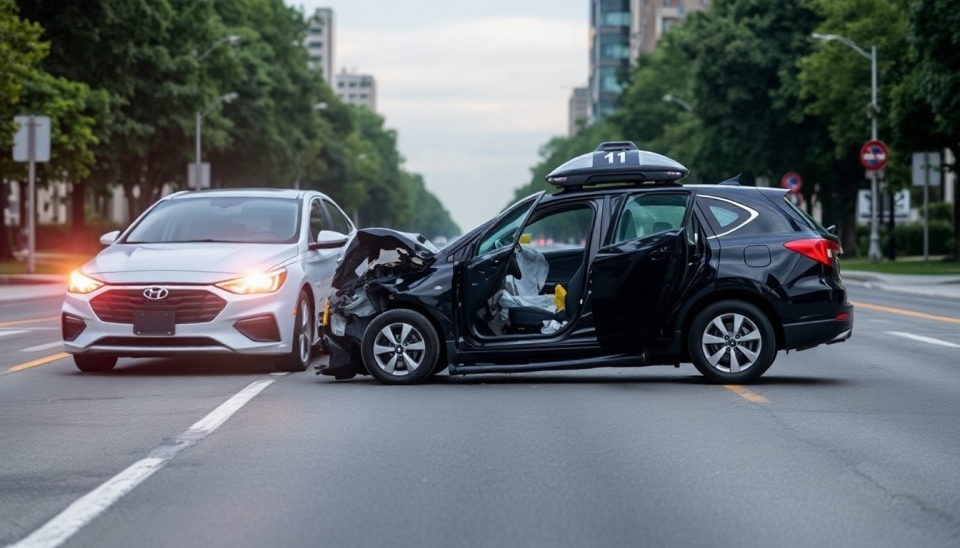
In a significant move that could reshape the landscape of autonomous vehicles, former President Donald Trump's campaign team is reportedly seeking to ease existing regulations on self-driving cars. This initiative aims to facilitate the development and deployment of autonomous vehicles across the United States, a market that has faced numerous legal and regulatory hurdles over the years.
The push for regulatory reform aligns with Trump's broader commitment to revitalizing the American automotive industry. The campaign's strategy appears focused not only on fostering innovation but also on creating job opportunities in the tech and automotive sectors. By streamlining the rules governing self-driving technology, the Trump team hopes to position the U.S. as a global leader in this burgeoning field.
According to insiders, the proposed changes could include reducing the administrative burden for companies developing autonomous vehicle technologies. Such measures may involve revising safety standards, simplifying the process for on-road testing, and providing clearer guidelines for technology evaluators. This could lead to a more favorable environment for startups and established automakers alike, encouraging them to invest heavily in self-driving technology.
The current regulatory landscape, marked by caution and complexity, has often hampered technological advancements and slowed down the introduction of innovative products to the market. Advocacy groups and industry leaders have long argued that overly stringent regulations stifle innovation and prevent the United States from maintaining its competitive edge in the global tech race.
Supporters of these regulatory changes assert that easing restrictions could accelerate the deployment of self-driving cars, which promise to enhance road safety, ease traffic congestion, and reduce carbon emissions. Autonomous vehicles are seen as a transformative technology that could drastically change urban mobility and logistics, paving the way for a future where human drivers are no longer necessary.
However, this move does not come without controversy. Critics express concerns about potential safety risks and the implications for jobs traditionally held by human drivers. They fear that loosening regulatory frameworks could lead to premature deployment of untested technologies, putting public safety at risk. As the debate heats up, it raises fundamental questions about balancing innovation with accountability and regulatory oversight.
The discussions around self-driving regulations revitalized interest in the automotive sector leading up to the 2024 presidential election. While the Trump campaign repositions itself to tap into the technological revolution, it's clear that the nuances of regulatory changes around self-driving cars will be a pivotal topic in upcoming debates.
In summary, Trump's team is advocating for significant changes in the way self-driving cars are regulated in the U.S. Their aim is to promote innovation while ensuring safety and competitiveness in the rapidly evolving automotive landscape. The outcome of this endeavor could set unprecedented standards in the development and acceptance of autonomous vehicles in America.
#SelfDrivingCars #Trump2024 #Innovation #AutomotiveIndustry #RegulatoryReform
Author: Emily Collins




